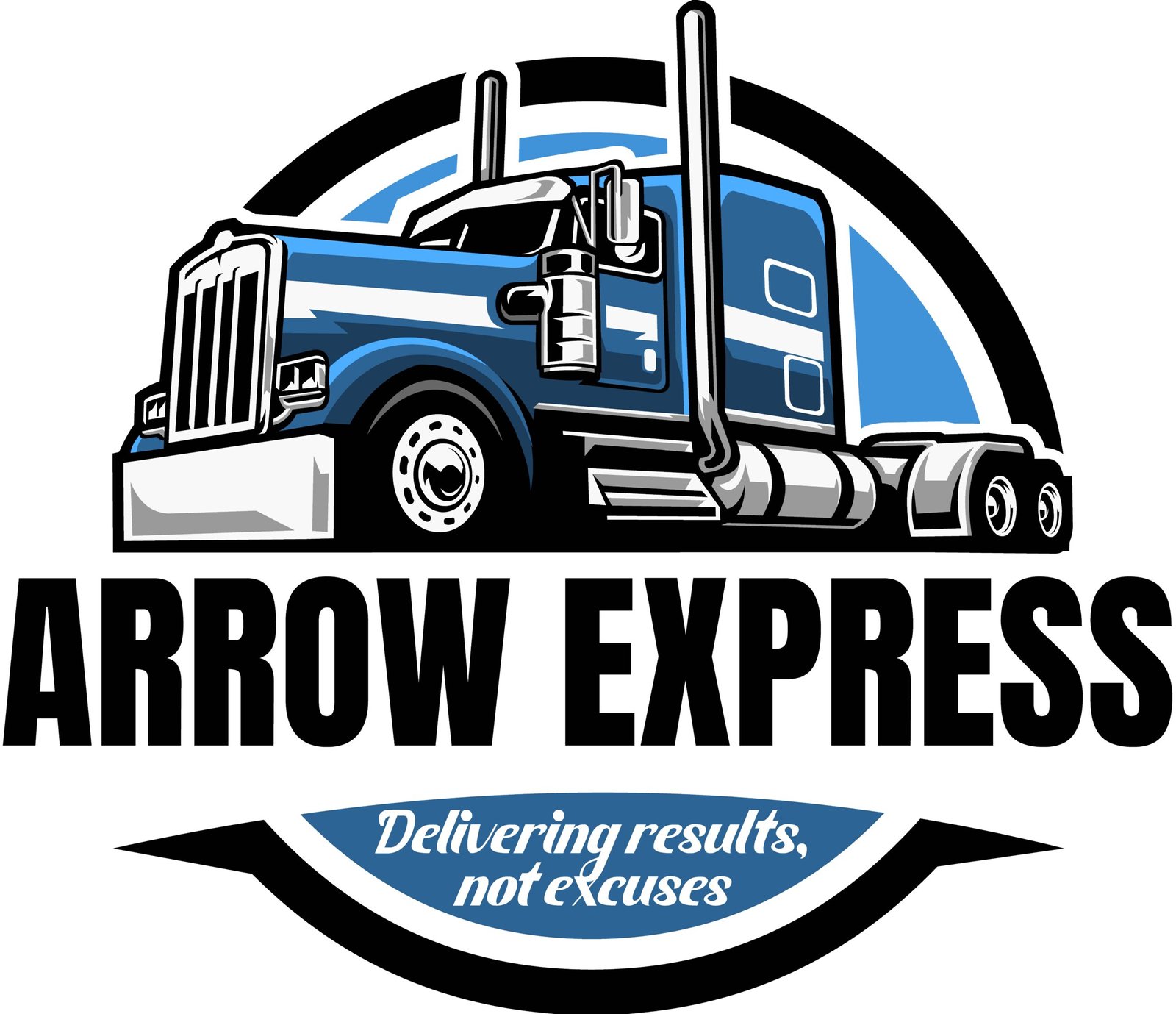Shipping a car, whether for a long-distance move, purchase from a distant location, or sending a prized vehicle to a car show, requires careful planning. One of the most important decisions you’ll need to make is choosing between an open trailer and an enclosed trailer for the transport. Both options have their own sets of advantages and disadvantages, and understanding these can help you make the best choice for your specific situation.
What is an Open Trailer?
An open trailer is the most common method used for transporting vehicles. As the name suggests, these trailers are open on all sides, exposing the car to the elements. Open trailers can vary in size, ranging from small, single-vehicle trailers to larger trailers that can accommodate multiple vehicles at once. These are the trailers you often see on highways, carrying several cars stacked in rows.
What is an Enclosed Trailer?
An enclosed trailer, on the other hand, offers a completely enclosed space to protect the car during transport. These trailers provide shelter from the elements, offering more security and peace of mind, especially for high-value vehicles. Enclosed trailers also vary in size, with options available for both single-car and multi-car transport. Learn more.
Pros and Cons of Open Trailers
Pros:
- Cost-Effective: Open trailers are generally more affordable than enclosed trailers. The cost of transporting a vehicle on an open trailer can be significantly lower because these trailers can carry more vehicles at once, reducing the cost per vehicle.
- Availability: Since open trailers are more common, it’s often easier to find a company with available slots for your car. This can lead to faster scheduling and potentially shorter waiting times.
- Fuel Efficiency: Due to their lighter weight, open trailers tend to be more fuel-efficient, leading to lower overall transportation costs. This efficiency is also reflected in the reduced price you pay for the service.
Cons:
- Exposure to Elements: The primary drawback of using an open trailer is exposure. Your car will be exposed to weather conditions such as rain, snow, and sun, as well as potential road debris. While cars are designed to withstand these conditions, the added risk during transport can be a concern for some.
- Security Risks: With the car being visible and accessible, there’s a higher risk of theft or vandalism. This is especially a concern if the car will be parked overnight during transport or if the vehicle is being transported through less secure areas.
- Potential for Damage: While rare, there is a higher risk of minor damage such as scratches or dings from road debris. Even though professional car transport companies take precautions, the risk is still present.
Pros and Cons of Enclosed Trailers
Pros:
- Protection from Elements: The biggest advantage of an enclosed trailer is the complete protection it offers. Your vehicle will be shielded from all weather conditions and road debris, significantly reducing the risk of damage.
- Enhanced Security: Enclosed trailers provide an extra layer of security. The vehicle is not visible, reducing the risk of theft or vandalism. For owners of high-value or classic cars, this added security can provide much-needed peace of mind.
- Peace of Mind: For those transporting luxury, classic, or otherwise valuable vehicles, the peace of mind that comes with knowing the car is fully protected can outweigh the higher cost. Enclosed trailers often come with higher insurance coverage as well, offering additional protection.
Cons:
- Higher Cost: The protection and security provided by an enclosed trailer come at a premium. Enclosed transport can cost up to 60% more than open transport. This higher cost is due to the limited availability, lower carrying capacity, and the specialized service provided.
- Less Availability: Enclosed trailers are less common than open trailers, which can make them harder to book. This might lead to longer wait times for transport, especially during peak seasons.
- Heavier and Less Fuel Efficient: Enclosed trailers are heavier, which makes them less fuel-efficient. This increased fuel consumption is part of what drives the higher cost of using an enclosed trailer.
Which Option is Right for You?
The decision between an open and enclosed trailer depends largely on the value of your vehicle, your budget, and your tolerance for risk.
- For Standard Vehicles: If you are transporting a standard vehicle, such as a daily driver, and are looking for a budget-friendly option, an open trailer is likely the best choice. The risks associated with open transport are relatively low, and the cost savings can be substantial.
- For High-Value or Classic Cars: If your car is a classic, luxury, or otherwise valuable vehicle, the added protection of an enclosed trailer is worth the investment. The higher cost is justified by the peace of mind and security provided.
- For Short-Distance Moves: If you are only transporting your car a short distance, the risks associated with an open trailer are minimal. However, if the trip involves multiple days on the road, an enclosed trailer might be the safer option, particularly if weather conditions are uncertain. Read.
Conclusion
In the end, the choice between an open and enclosed trailer for car transport comes down to weighing the value of your vehicle against your budget and risk tolerance. Open trailers offer a cost-effective and readily available solution for most cars, while enclosed trailers provide superior protection and security, making them the preferred option for high-value vehicles. By understanding the pros and cons of each option, you can make an informed decision that best suits your needs, ensuring that your vehicle arrives safely and securely at its destination.


